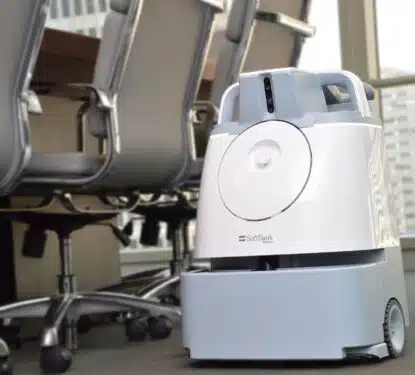This article was written by Owen Kell, Senior IoT Research Associate at Memoori. While much of Europe has returned to some form of lockdown, and COVID-19 cases continue to rise in North America, the calls for a widespread return to traditional workplaces will continue, particularly for activities that cannot be effectively delivered remotely. While health and safety measures including improved in-building sanitation, social distancing, increased hand washing, and usage of face mask are being widely adopted, the inability to identify and isolate coronavirus infections amongst the workforce has resulted in staff absences and reduced overall economic productivity. Employers are therefore investigating the practicality of deploying rapid COVID-19 diagnostic testing as part of their return-to-work approach. Testing can take the form of both antigen, or antibody testing. Antigen screening tests for an active viral presence (indicating that the person is currently infected), while antibody tests screen the blood to indicate whether a person has had the […]
Most Popular Articles

icetana Secures $3.6M SoftBank Partnership: 2025 Financial Analysis and Growth Strategy
This Research Note examines the Australian listed company, icetana AI, based on its latest financial results year ending 30 June 2025 and its deployments, strategic investments and regional growth opportunities over the past three years. icetana AI Profile Founded in 2009, icetana AI is a small software as a service (SaaS) company specializing in AI-assisted […]

Video Surveillance Market 2025: Ongoing Shift towards Software Drives Growth
The video surveillance industry is undergoing its most significant transformation since the shift from analog to digital. What was once primarily a reactive security tool, cameras recording footage for post-incident review, is evolving into a proactive intelligence infrastructure. The traditional model of video surveillance centered on cameras, on-premise storage and software. That era is coming […]

deskbird Raises $23m with View to Dominating Europe’s Hybrid Workplace Market
This Research Note examines the growth of deskbird, a Swiss startup offering a workplace management platform that addresses hybrid working. We explore the company’s disclosed funding and its acquisitions completed last year before highlighting one of the firm’s recent reports on the German workplace market. Finally, we provide our view on the company and the […]
